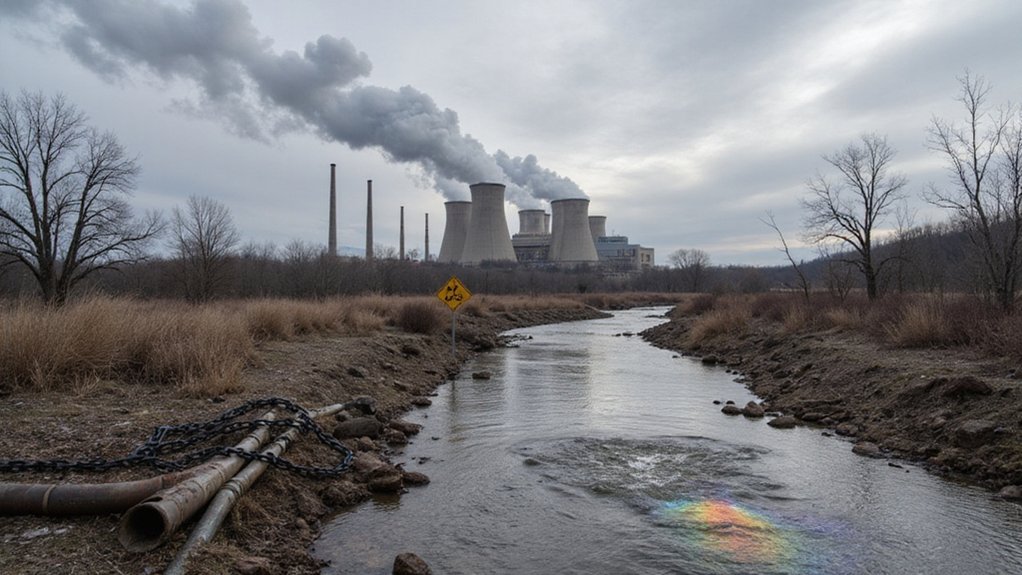The House recently passed two measures to block California’s stricter truck emission rules. Republicans argue that California shouldn’t set national standards, while the state defends its authority under the Clean Air Act. The measures target requirements for zero-emission trucks and reduced nitrogen oxide pollution. Legal experts question whether Congress can overturn EPA waivers granted to California. The Senate will now decide the fate of these contentious environmental regulations.
Congress took aim at California’s strict truck emission rules last week, voting to revoke the state’s authority to enforce standards that go beyond federal requirements. The House passed two measures targeting California’s truck regulations, with votes of 231-191 against the Advanced Clean Trucks rule and 225-196 against the Low NOx Omnibus rule.
These California rules require truck manufacturers to sell an increasing percentage of zero-emission vehicles and reduce nitrogen oxide pollution. The state needed special permission from the Environmental Protection Agency (EPA) to enforce these stricter standards, which the House now seeks to cancel.
California’s emission standards push trucks toward zero pollution, requiring EPA approval that Congress now challenges.
The measures used the Congressional Review Act to challenge the EPA waivers that let California set tougher rules. Republicans led the effort, arguing that California shouldn’t dictate national truck standards. They claim manufacturers end up building all trucks to meet California’s rules, affecting the entire country.
The dispute highlights tension between state and federal authority over environmental regulations. California has long set stricter emission standards under Clean Air Act waivers, serving as a model for over a dozen other states. Since the Clean Air Act was enacted, California has received over 100 waivers from the EPA to implement its stricter vehicle emissions standards.
Legal experts question whether Congress can overturn these waivers. The Government Accountability Office believes Congress lacks this power. In fact, the GAO has previously ruled that EPA waivers do not qualify as rules under the CRA, making them immune to this form of congressional challenge. If the Senate approves these measures, California officials have promised to fight back in court.
The trucking industry wants one national standard to avoid different rules in different states. However, environmental advocates argue California’s leadership drives innovation in clean transportation across America.
At stake is California’s effort to cut transportation pollution, a key part of its climate strategy. This aligns with broader efforts to promote renewable energy sources that produce substantially less pollution compared to traditional fossil fuels. The state’s Advanced Clean Trucks rule pushes manufacturers to develop more electric and hydrogen-powered trucks.
The measures now move to the Senate, where their fate remains uncertain. If they pass and get signed into law, a lengthy legal battle will likely follow, with potentially far-reaching impacts for state environmental authority and the future of zero-emission trucking.
References
- https://www.congress.gov/bill/119th-congress/house-joint-resolution/87
- https://landline.media/republicans-introduce-resolutions-to-eliminate-california-vehicle-emission-rules-including-advanced-clean-trucks/
- https://www.jdsupra.com/legalnews/up-in-the-air-challenges-to-california-6406150/
- https://www.congress.gov/bill/119th-congress/house-joint-resolution/87/actions
- https://www.freightwaves.com/news/house-votes-to-revoke-californias-trucking-related-epa-waivers









